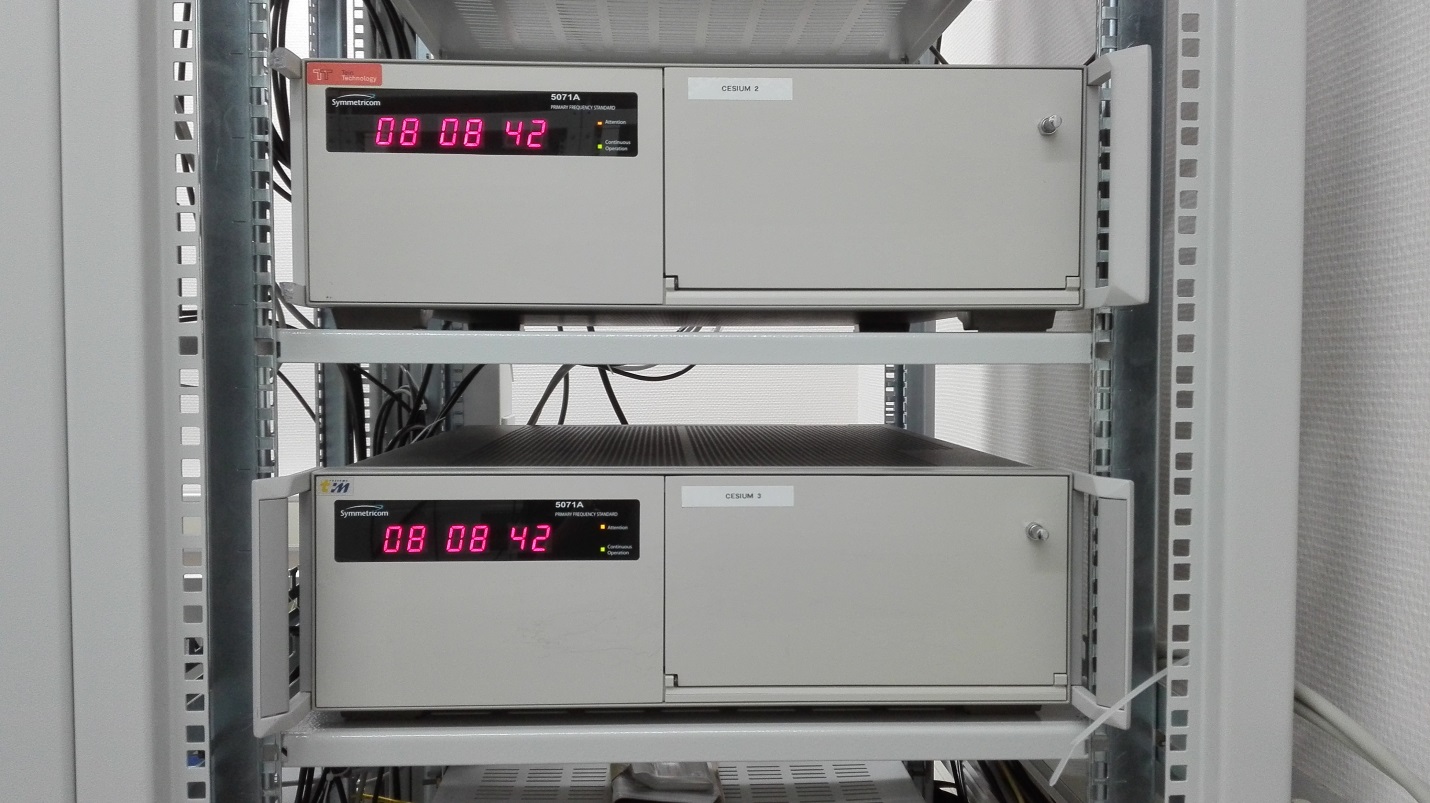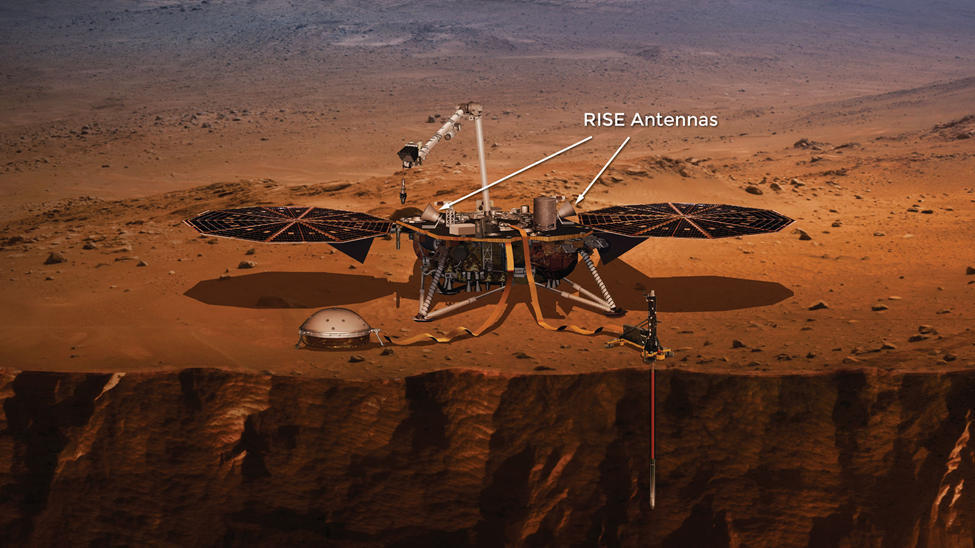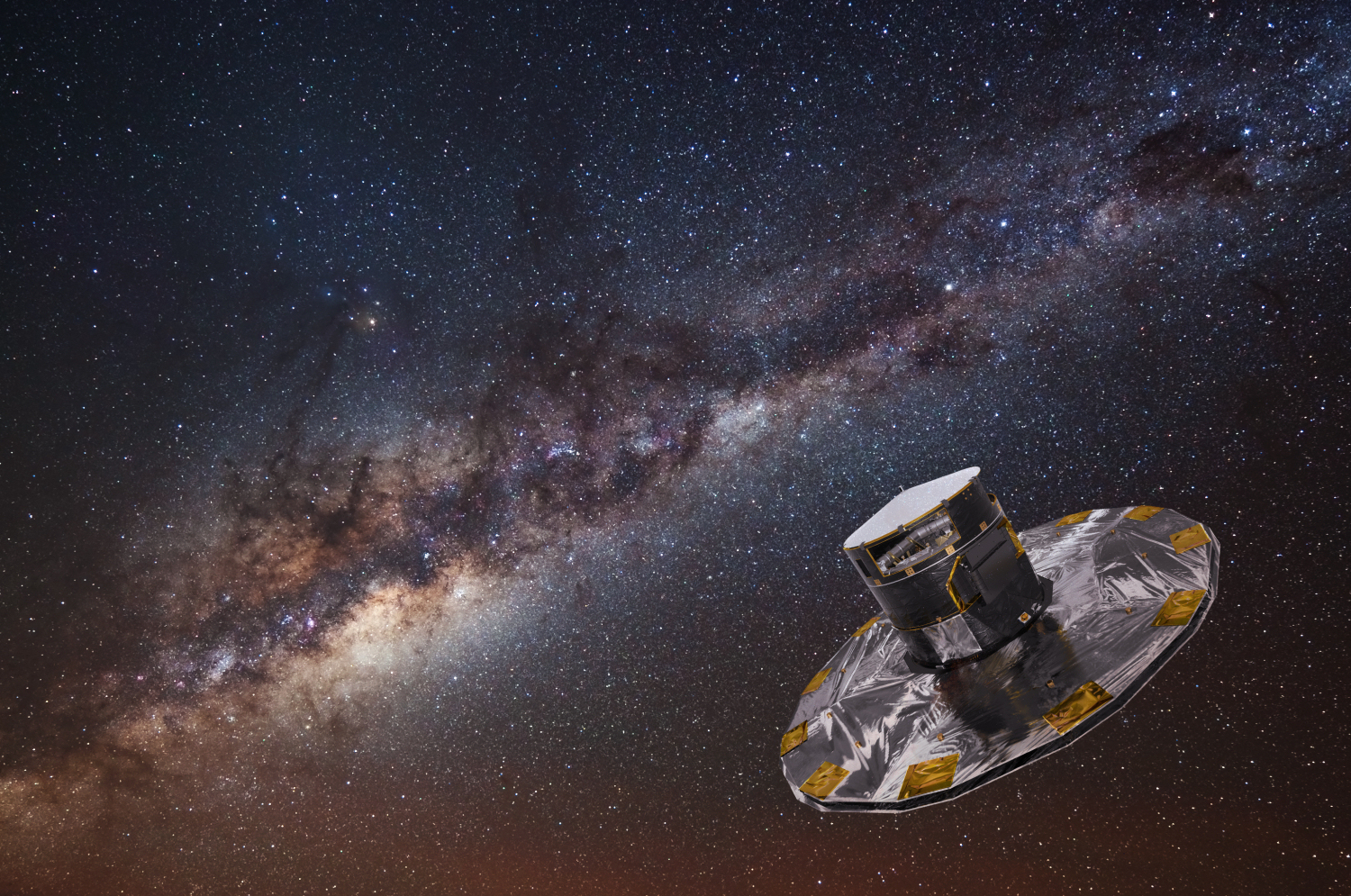Belgium and LaRa on their way to Mars
Brussels / Antwerp, May 14, 2018. The planetary scientists at the Royal Observatory of Belgium (ROB) are delighted to announce the signing of a contract between the European Space Agency’s PRODEX (PROgramme for the Development of scientific Experiments) programme and Antwerp Space for the delivery of LaRa (Lander Radioscience), a ‘martian’ instrument onboard ExoMars 2020. [...]




